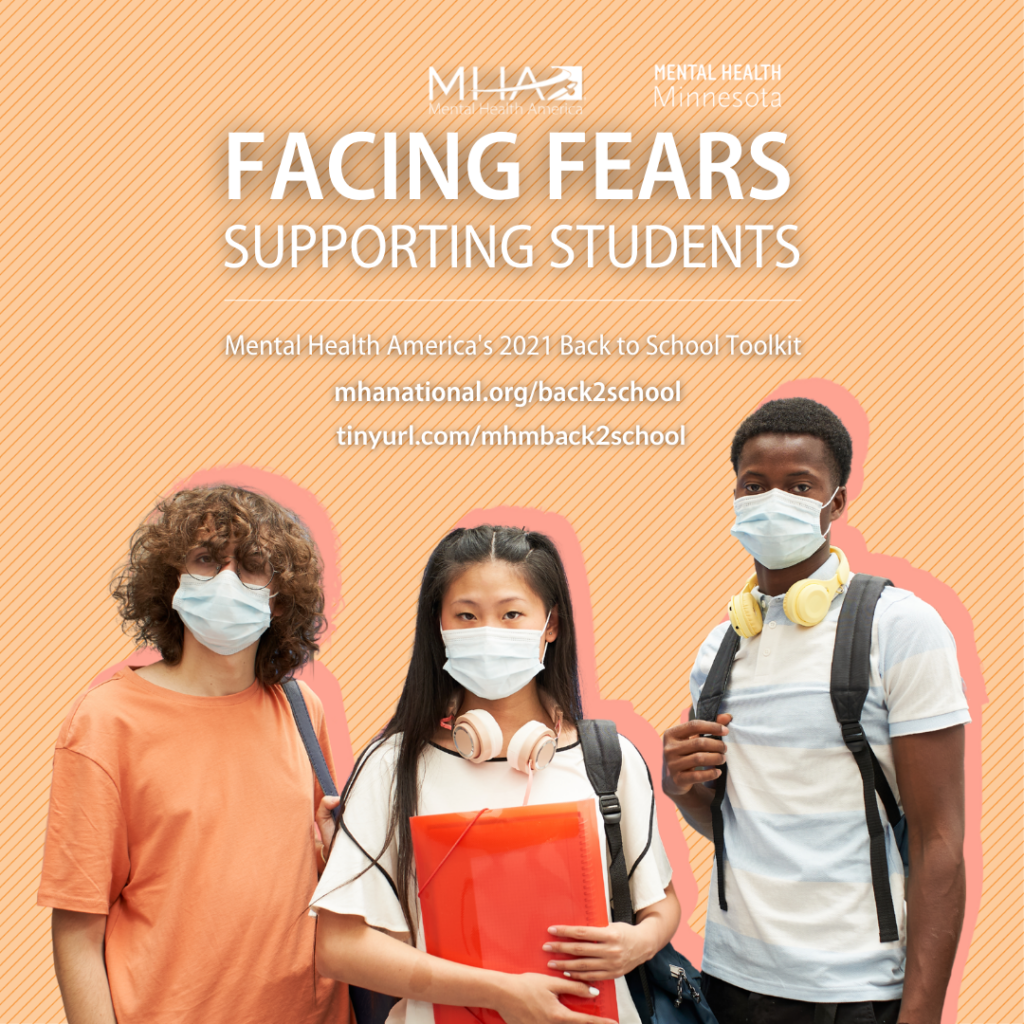Since we’ve been in the midst of a pandemic for a year and a half, it is difficult to remember how important feeling safe is to our mental health. But safety is vital, and if needs like safety aren’t met, a mental health condition may develop.

A lot of kids and teens haven’t been able to feel that sense of safety for a long time. Not only are they dealing with fears that a family member (or they themselves) might be exposed to COVID-19 or the Delta Variant, but some have had to face an abusive home environment, a family financial hardship, or a family loss recently. We know from research that an estimated 1.5 million children worldwide lost a mother, father, or other caregiving relative in the first 14 months of the pandemic.
When a kid or teen experiences this kind of hardship, it can feel as if the world is crashing down on them. That’s why it’s crucial right now, as students return to school, for parents, teachers, and administrators to do everything they can to foster a safe and secure environment. School can be a refuge from some of these difficult situations at home, and a place that students feel out of harm’s way.
Still, even in the safest of environments, we are in a youth mental health crisis, and many students will exhibit symptoms of depression and anxiety as they return to the classroom. It is important to let kids and teens know that support is available. Each school has different types of education and counseling services, so it is best to become familiar with the resources that your school provides.
To take an initial mental health screening, students can access www.MHAScreening.org for a free, confidential, and anonymous mental health test.
There are also serious signs that someone is in crisis and needs more immediate help. These include thoughts or plans of hurting oneself or another person. If you think a child or teen is in immediate danger of taking suicidal action, call the national suicide hotline at 1-800-273-TALK.
At Mental Health Minnesota, we also have free mental health support resources available to help children, families and adults get support #B4stage4 or before a crisis:
- Minnesota Warmline – Certified Peer Support Specialists offer free support to anyone struggling with mental health concerns
- Mental Health Helpline – mental health resource, information and local provider referrals
- 833-HERE4MN – licensed mental health providers offer free support to anyone struggling during the pandemic
Mental Health America‘s Back to School Fact Sheets